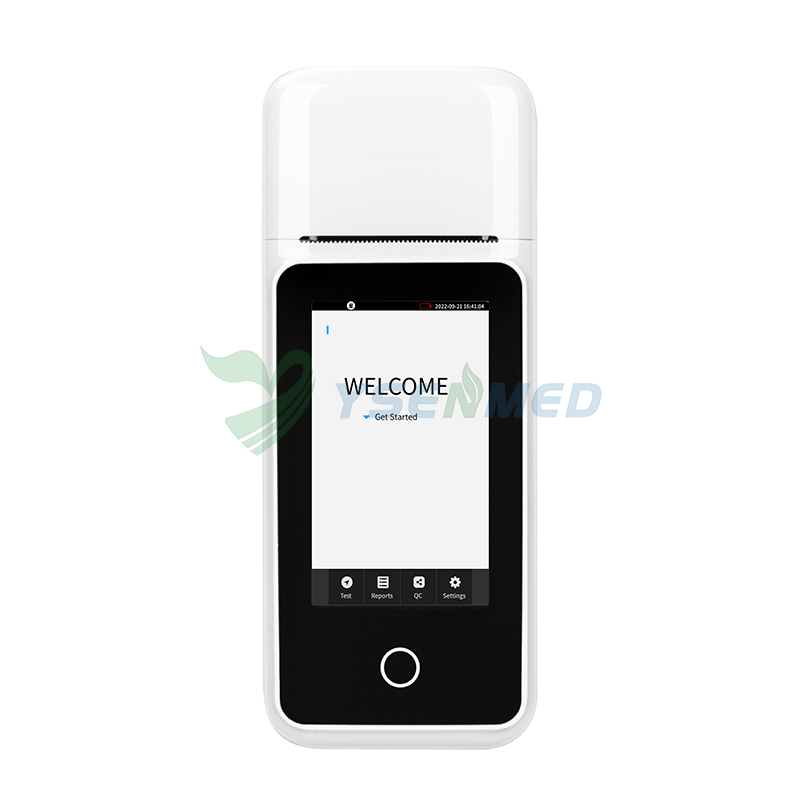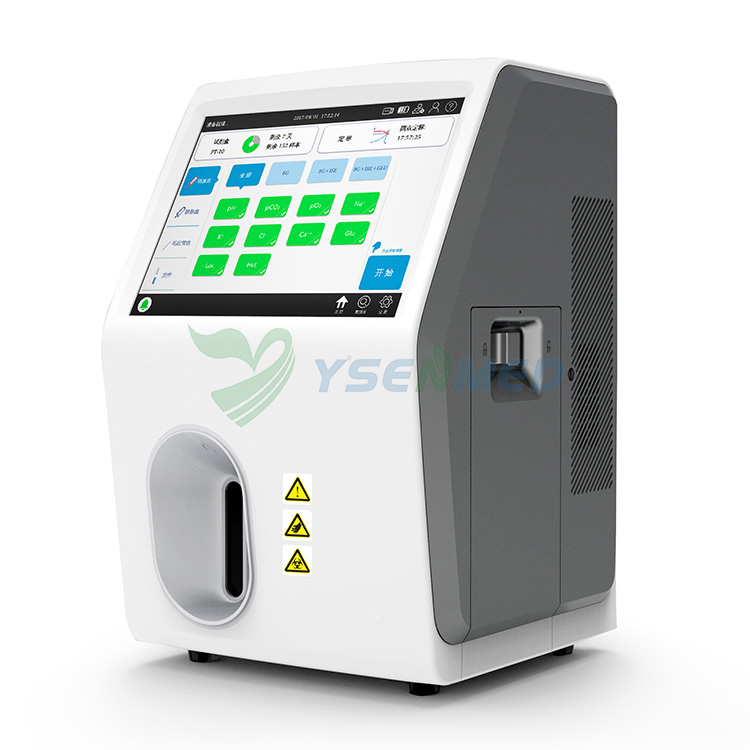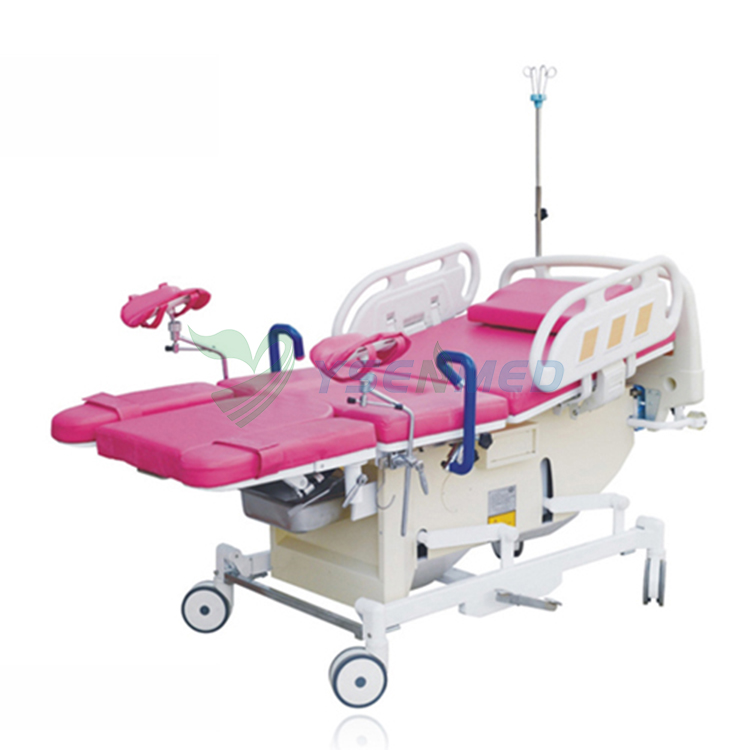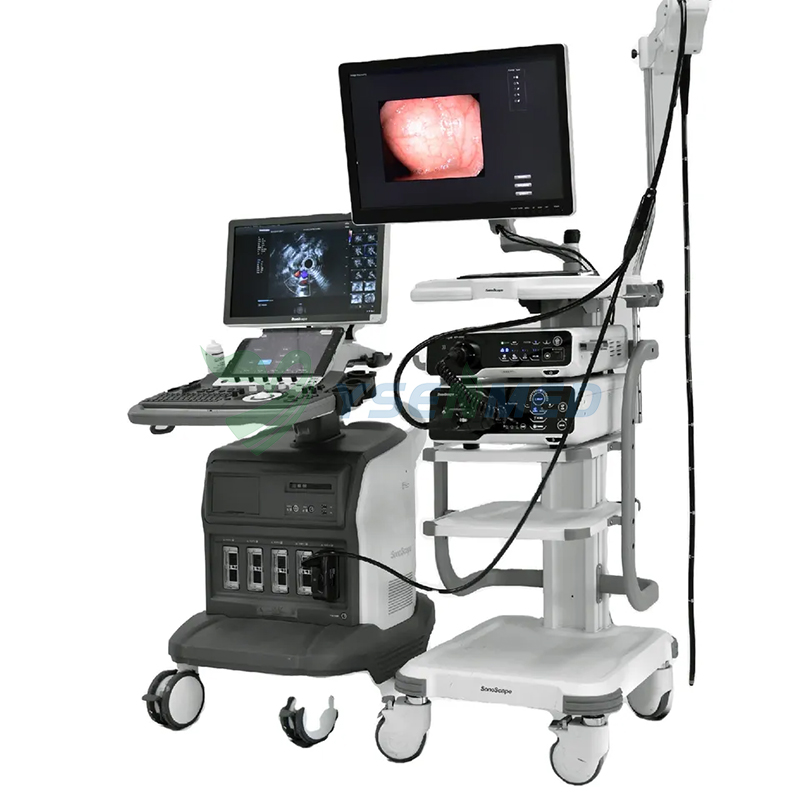Title: Nurturing Newborns: The Role of Medical-Use Infant Incubators in Neonatal Care
Introduction:
The journey of a newborn into the world is a delicate and critical phase, especially for premature or ill infants who require specialized care to thrive. In neonatal units,
medical-use infant incubators play a vital role in providing a controlled environment that mimics the womb, ensuring optimal growth and development during the early stages of life. This article explores the significance of medical-use infant incubators in neonatal care, highlighting their features, benefits, and impact on the health and well-being of newborns.
Understanding Neonatal Incubators:
Neonatal incubators are specialized medical devices designed to create a warm, humid, and controlled environment for newborn infants, particularly those born prematurely or with medical conditions that require intensive care. These incubators provide a protective enclosure that regulates temperature, humidity, and oxygen levels, mimicking the conditions of the womb to support the infant's physiological stability and growth. Neonatal incubators are equipped with various features and monitoring capabilities to ensure the safety and well-being of infants during their stay in the neonatal intensive care unit (NICU).
Features of Medical-Use Infant Incubators:
Medical-use infant incubators are equipped with advanced features and functionalities that optimize the neonatal care environment and facilitate clinical interventions. Some key features of these incubators include:
Temperature Control: Neonatal incubators maintain a stable and consistent temperature within the enclosed space, preventing hypothermia and ensuring thermal comfort for premature or low-birth-weight infants. Temperature sensors and heating elements regulate the internal temperature of the incubator, while adjustable settings allow healthcare providers to customize the temperature based on the infant's gestational age and clinical condition.
Humidity Management: Maintaining appropriate humidity levels is crucial for preventing dehydration and minimizing evaporative heat loss in newborns. Medical-use infant incubators are equipped with humidification systems that deliver warm, humidified air to the infant's environment, reducing the risk of respiratory complications and promoting respiratory comfort.
Oxygen Monitoring: Many neonatal incubators feature integrated oxygen monitoring systems that continuously monitor oxygen levels in the infant's environment. These systems ensure adequate oxygenation while minimizing the risk of oxygen toxicity or hyperoxia, which can occur in premature infants with immature lungs.
Access Ports and Portholes: Neonatal incubators are designed with access ports and portholes that allow healthcare providers to perform clinical procedures and interventions without compromising the infant's thermal stability. These ports facilitate easy access for medical equipment, monitoring devices, and lines for intravenous fluids or medications.
Alarms and Alerts: Medical-use infant incubators are equipped with alarm systems that alert healthcare providers to deviations from preset parameters or potential safety concerns. Alarms may indicate changes in temperature, humidity, oxygen saturation, or power supply, prompting immediate attention and intervention to prevent adverse events.
Benefits of Medical-Use Infant Incubators:
Medical-use infant incubators offer several benefits for newborn infants, healthcare providers, and families, including:
Thermoregulation: Neonatal incubators provide a thermally stable environment that helps newborn infants maintain their body temperature within the normal range. This is particularly important for premature or low-birth-weight infants, who have limited ability to regulate their body temperature and are at increased risk of hypothermia.
Respiratory Support: The warm and humidified air provided by neonatal incubators helps support respiratory function and reduce the work of breathing for infants with respiratory distress or respiratory conditions. By optimizing humidity levels and oxygenation, incubators promote lung maturity and improve respiratory outcomes in newborns.
Infection Control: The enclosed environment of neonatal incubators helps protect newborns from exposure to infectious agents and nosocomial pathogens. By reducing the risk of cross-contamination and nosocomial infections, incubators create a safe and hygienic space for newborn infants to grow and recover.
Developmental Support: Medical-use infant incubators create a nurturing environment that supports the developmental needs of newborn infants, including sensory stimulation, sleep regulation, and bonding with caregivers. The controlled environment of the incubator reduces external stimuli and provides a sense of security and comfort for infants during their early days of life.
Monitoring and Surveillance: Neonatal incubators enable continuous monitoring and surveillance of vital signs, physiological parameters, and clinical status, allowing healthcare providers to detect changes or complications early and intervene promptly. This close monitoring helps identify signs of clinical deterioration, prevent adverse events, and optimize the management of newborn infants in the NICU.
Family-Centered Care: Medical-use infant incubators promote family-centered care by allowing parents and caregivers to be actively involved in the care of their newborn infants. Many incubators are designed with transparent walls or access doors that allow parents to see and interact with their baby while maintaining a controlled environment. This promotes bonding, communication, and parental involvement in caregiving activities, fostering a supportive and nurturing environment for newborns and their families.
Applications in Neonatal Care:
Medical-use infant incubators are utilized in various clinical scenarios and settings within the neonatal care continuum, including:
Preterm Infants: Neonatal incubators are commonly used to provide intensive care and support for preterm infants born before 37 weeks of gestation. These infants often require respiratory support, thermoregulation, and nutritional support to promote growth and development in the NICU.
Low-Birth-Weight Infants: Medical-use infant incubators are essential for providing specialized care to low-birth-weight infants who are at increased risk of complications due to prematurity or intrauterine growth restriction. These infants may require close monitoring, respiratory support, and nutritional interventions to optimize outcomes.
Infants with Respiratory Distress: Neonatal incubators are utilized to support infants with respiratory distress syndrome (RDS), transient tachypnea of the newborn (TTN), or other respiratory conditions that require supplemental oxygen and respiratory support. The warm and humidified environment of the incubator helps alleviate respiratory distress and promote lung maturity in these infants.
Infants with Congenital Anomalies: Medical-use infant incubators are used to provide specialized care for newborns with congenital anomalies or birth defects that require surgical interventions or medical management. These infants may require postoperative care, wound healing, or monitoring of vital signs and physiological parameters in the NICU.
Infants Requiring Intensive Monitoring: Neonatal incubators are utilized to provide intensive monitoring and surveillance for infants with complex medical conditions or critical illnesses that require close observation and management. These infants may require continuous monitoring of vital signs, laboratory parameters, or neurological status to optimize their care and outcomes.
Considerations for Neonatal Incubator Use:
While
medical-use infant incubators offer numerous benefits for newborn infants and healthcare providers, several considerations should be taken into account to ensure safe and effective use:
Infection Prevention: Proper infection control measures should be implemented to minimize the risk of nosocomial infections and cross-contamination within the neonatal incubator environment. Incubators should be cleaned, disinfected, and maintained according to institutional protocols and guidelines to prevent the spread of infectious agents.
Skin Integrity: Close attention should be paid to the infant's skin integrity and positioning within the incubator to prevent pressure injuries, skin breakdown, or thermal injuries. Regular assessment of skin condition,




